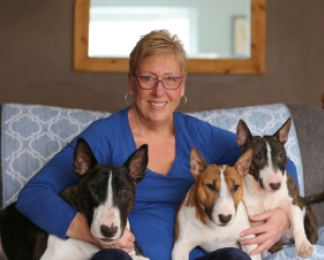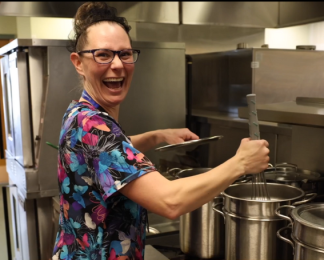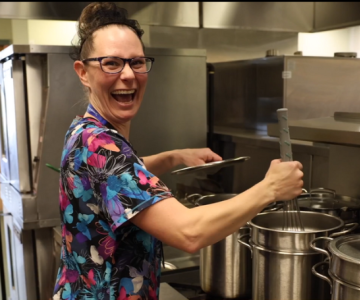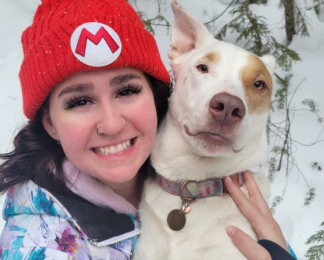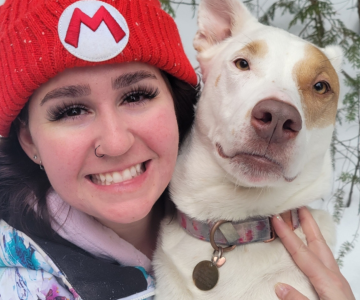Becoming a caregiver can creep up on you. Maybe it starts with dropping by your mom’s house to do her laundry or taking your dad to a doctor’s appointment or delivering groceries to your friend. Maybe you call your adult daughter every day to check in because she suffers from depression. Gradually, you find yourself doing more and more as the person you are caring for needs more support. You may not even realize it; you are making a commitment to care for someone else.
Other times, caregiving is triggered by a major health event or acute diagnosis, such as a serious fall, motor vehicle accident, stroke, heart attack or cancer diagnosis. Life as you know it shifts, and all your energy goes to caring for the person who needs you. In an instant, caregiving becomes your new normal.
People new to caregiving often feel:
- they don’t know what they don’t know
- overwhelmed by information and trying to sort out who their care providers are
- unsure of what resources or programs exist for the person they are caring for
Caregiving doesn’t come with a crystal ball.
Given the complexity and ever-changing role of caregiving, caregivers often feel better when they are prepared and supported. The first stages of caregiving can feel like the most challenging. Caregivers often feel uncertain about the future, and feel the least informed about what’s happening, what’s needed and expected.
Finding the right information is a first step. This often includes:
- Getting the best possible diagnosis. It may take a lot of calls, tests and appointments with the family doctor and specialists, but caregivers and the person they are caring for find it helpful to know what disease they are dealing with and what symptoms to look for.
- Determining what supports you need. It can be time consuming to find the supports you need, but it is a very important step. Supports can include information, emotional support, and access to publicly-funded or private resources. Try to think about the specific types of support you need. For example, if the person you are caring for had a stroke, you may need more information about aphasia, the type of stroke, how it affected the brain, mobility and communication, and rehabilitation available in your community.
- Learning new skills. Depending on the diagnosis, you might need to learn new skills to care for your loved one. Start by asking your health-care team. Disease-specific programs and caregiver support are also helpful. For example, you may be faced with a complicated medication regime or a rehabilitation program or transferring someone from a wheelchair to a bed.
Although it may seem overwhelming at first, there are lots of resources to help. A great way to get started is to check out Family Caregivers of BC’s Caregiver Learning Centre.
This story was originally published by Family Caregivers of BC
About the author
Wendy Johnstone works with Family Caregivers of BC and has close to 20 years of experience working with family caregivers. She provides one-on-one coaching and helps caregivers to build their skills, understand the resources available to them and gain confidence in their important role.




